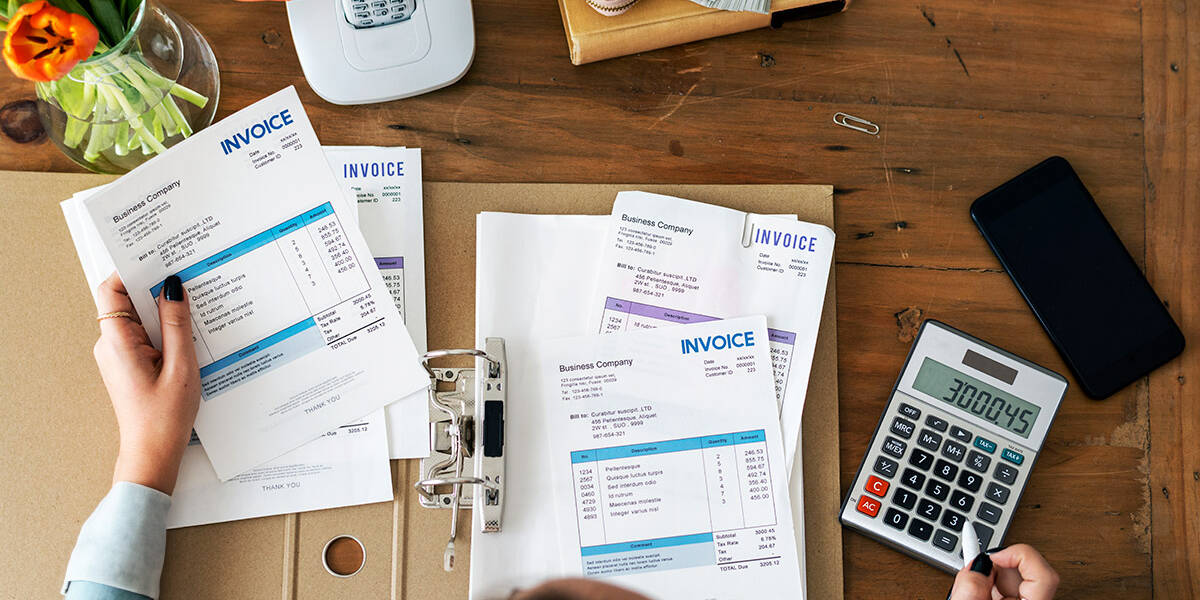

Hong Kong is undoubtedly one of the busiest and largest economic hubs worldwide. As a result, you’d expect to meet many companies here. If you’re currently managing a business in Hong Kong or plan to do so, you’ll have no choice but to employ people to work for you. You’ll most likely pay them salaries to compensate them for their efforts. Paying salaries is more than just sending money to your workers at the end of the month. There are many other important things involved. That’s why it’s important to learn about Hong Kong salary tax allowance. This piece will teach you about salary tax allowance and any additional deductions for your employees, salary tax rate, and how to calculate salary tax in Hong Kong.
What Income is Considered Earned In Hong Kong?
Before learning about salary tax, you need to understand that this levy is only imposed on income generated or derived from Hong Kong. Simply put, the employer must be based in Hong Kong. The full income of all individuals employed by companies based in Hong Kong is chargeable to salaries tax.
However, you’ll be allowed to claim full or partial exemption from this tax under any of the following conditions;
● If all work or business activities are rendered outside Hong Kong during the year of assessment (excluding civil servants, ship crew members, or pilots), you’ll be exempt from paying salary tax during that year. Also, income earned from visits to Hong Kong for less than 60 days is exempt from salary tax. Hong Kong authorities will be responsible for deciding whether your time in Hong Kong can be classified as a visit or not.
● If part of your salary has already been subject to tax in another jurisdiction during the annual assessment, you can claim a partial exemption for your salary. However, you will have to provide evidence of the foreign tax that you’ve paid.
If the employer is based outside Hong Kong and has assigned you to work in Hong Kong, your salary tax will only be levied on income attributable to services within the territory.
What is Hong Kong Salaries Tax?
Hong Kong is a favorable jurisdiction for many professionals worldwide because of its low tax rate. Both personal and corporate taxes are fixed at low rates within the region. You’ll be thrilled to find out that Hong Kong Salaries tax is broken down into five marginal brackets – 2%, 6%, 10%, 14%, and 17%.
These are some of the key features of Hong Kong salaries tax;
● If you fall into the category eligible for charging salaries tax, your net chargeable income (amount of income left after deductions and allowances) will be levied at progressive rates – 2% to 17% – or a standard rate of 15%. The final choice will depend on which is lower.
● Hong Kong does not charge inheritance tax, dividend tax, or capital gain tax.
● Hong Kong adopts a territorial taxation system. This means that they only charge individuals on income that’s earned within the region.
● Individual taxpayers in Hong Kong can reduce the amount of tax they will pay by applying for a personal tax assessment. This personal tax assessment will calculate the tax of the individual as progressive tax rates on the aggregated income earned from different sources.
● The annual taxpayer assessment begins on April 1st and ends on March 31st the following year.
How To Calculate Hong Kong Salaries Tax?
As mentioned earlier, Hong Kong charges salary tax on all income earned within the territory. This income included all money earned from working in an office, employment, or pension. You need to keep in mind that the Hong Kong salaries tax is levied on the net chargeable income.
To calculate the net chargeable income, do this;
Net Chargeable Income = Total Income – Allowances – Deductions
| Net Chargeable Income (HK$) | Tax Rate | Tax Amount |
| The first 50,000 | 2% | 1,000 |
| Next 50,000 | 6% | 3,000 |
| Next 50,000 | 10% | 5,000 |
| Next 50,000 | 14% | 7,000 |
| Remainder | 17% |
Note: There’s a standard tax rate of 15% on net total income, i.e. Total income – Deductions
Hong Kong Salary Tax Allowance – Tax Treatment of Employer Benefits
Before learning about salary tax allowance, you need to note that the gains and profits that you’ll enjoy as a result of your employment are taxable. However, you need to understand that the same tax level doesn’t apply to all these benefits.
These gains or profits include financial and non-financial benefits that are offered as a result of your employment. These benefits include;
● Education benefits or allowance for children
● Company gifted vehicles
● Housing allowance
● Vacation allowance
● Meal allowance
● Share awards and equity options
You need to note that some non-cash benefits gotten from employers are taxes or calculated using special formulas.
How Can We Help
Taxation is an important aspect of any business. However, it can be tough to handle your taxation alongside business activities. Business owners in Hong Kong need to ensure that they comply with salary tax policies or they may suffer heavy penalties. If you’re unable to handle your taxation alongside your business operations, that’s where we come in.
At Premia TNC, you’ll gain access to top-rated taxation services. We have numerous years of working as a taxation service provider for several Hong Kong businesses. Our goal is to ensure that we provide transparent tax services to all our clients. We are experts at salary tax and are familiar with how to ensure that all regulations concerning this levy are fulfilled.
FAQs
Q: How much is salary tax rate?
There's no fixed rate for salaries tax. The net chargeable income is charged at progressive rates of 2%, 6%, 10%, 14%, and 17% - depending on the value of the income. However, there's also a standard tax rate of 15%. Whether you'll be charged based on progressive rates or standard rates depends on which tax amount is lesser.
Q: How much salary tax do expats pay in Hong Kong?
As an expat, you'll be charged salary tax on net chargeable income gotten from business profits, employment, pension, and rental income earned in Hong Kong. The income tax rate will range between 2-17%.



premiatnc
View All BlogsRelated Posts
April 15, 2024
Trademark Registration In Hong Kong: What You Should Know
Trademark registration in Hong Kong…
April 15, 2024
Importance of Hong Kong Company Financial Statements: How to Prepare It Well
In the realm of business, Hong Kong…
March 29, 2024
Everything You Need to Know About Hong Kong Invoice Requirements
Compliance ensures smooth financial…




